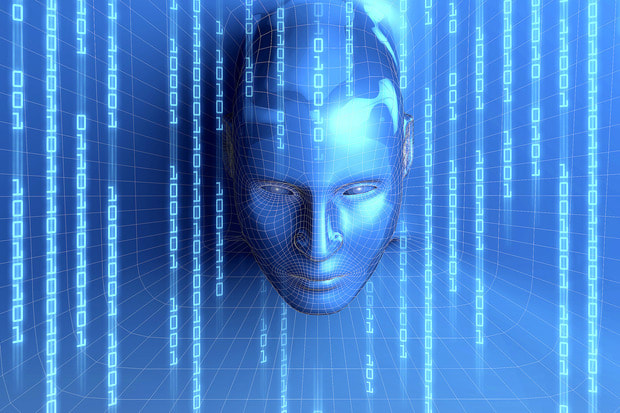|
At the end of last month, OpenAI released its latest product, which made (and still makes) waves in the AI arena. Namely, about three weeks ago, ChatGPT made its debut, and before long, it gathered enough traction to outshine its predecessor, GPT3. Since then, many people have started speculating on it and making interesting claims about its capabilities, role in society, business value, and future. But what about the human aspects of this technology? How can ChatGPT affect us as human beings and professionals in the next few years?
Let's start with the latter, as it's generally easier to understand. Whether you identify as a data professional (particularly one in Analytics), a Cybersecurity expert, or just someone interested in these fields, ChatGPT will affect you. As its amoral, it may not understand how any given actions are bound to have consequences on other people, so if you become obsolete because of its work in these areas, it's hard to blame it. After all, it was just trying to be helpful! And all those people who are becoming gradually more addicted to free services, free advice, and anything that doesn't part them from their cash may be bound to feel an attraction to this technology. It's not just translators and digital artists that have real problems with this software, through the rapid increase of the supply and the lowering of the prices of their services as a consequence. If someone could get insights or cybersecurity advice from ChatGPT, it's doubtful they'd consider paying you for the same services plus the additional burden of dealing with a human being. After all, we are all flawed in some way that may trigger others, while the AI system may seem relatively perfect. As resources are becoming more scarce by the year, it's not far-fetched to expect technologies like this one to get a larger share of the market in analytics and cybersecurity services soon. How many people do you know who can tell the difference between some good advice and some not-so-good one when the latter is phrased in flawless English and in a personalized way? And how many people have the maturity to appreciate and opt for the former, just out of principle? As for the effects of ChatGPT on us as human beings, these are also not too promising either. If someone is used to getting whatever they want without paying anything, it's only natural that this person would become spoiled, a taker of sorts, with a growing appetite for more free services. I don't know about you, but I find that I am better off being surrounded by people who are givers or at least matchers instead of takers (I've experienced plenty of the latter in my life, especially as a student). Now, this psychological corrosion may not happen tomorrow or even next year, plus it's unfair to assign all the blame to ChatGPT since other similar technologies do the same. However, what ChatGPT does that no other software has managed before is democratize this free stuff (at least to its users) and give the illusion of knowing everything well enough. In other words, a ChatGPT user may feel that other people are unnecessary and that this software is sufficient for all their knowledge needs. This subjective matter may be untrue, but good luck convincing that person that this is not a good option for them or the world overall! Technologically, ChatGPT may be a brilliant product and one that can open new avenues of research toward a more futuristic society. However, without preserving the human aspects of the world, all this technology is bound to backfire and do more harm than good. Not because suddenly the AI may decide to dominate us, but because we as a species may not be ready for this tech and the rapid changes it can (and probably will) incur. To make things worse, the cost of this tech, although not factored in by the futurists and the evangelists of OpenAI, is still there. It seems paradoxical to me that we try to conserve energy, even in the winter months, because of the rising cost of gas and electricity, even though we allow such an energy-hungry tech to consume large amounts of energy (computational power isn't cheap!). As I don't wish to end this article on a sad note, I'd like to invite you to ponder solutions to this moral problem (something that I sincerely doubt this or any other AI is particularly good at). For additional inspiration, I'd recommend the book The Retro Future by John Michael Greer, which covers this complex topic of progress and technology much better than I can. Maybe ChatGPT is an opportunity for us all to view things from a different (hopefully more holistic) perspective and develop some Natural Intelligence to complement the Artificial Intelligence out there. Cheers.
0 Comments
|
Zacharias Voulgaris, PhDPassionate data scientist with a foxy approach to technology, particularly related to A.I. Archives
April 2024
Categories
All
|

 RSS Feed
RSS Feed